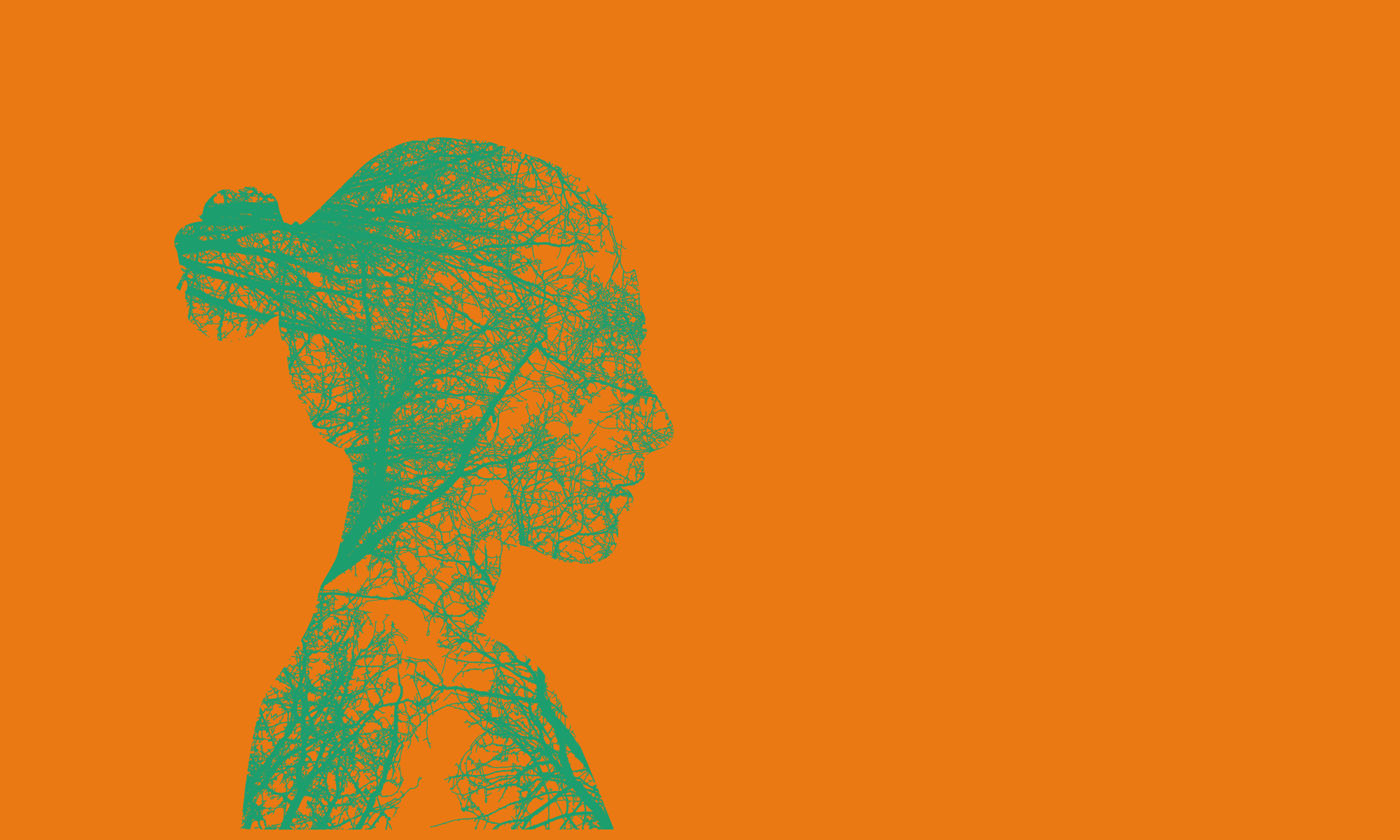Reusable KYC: when a dedication to decentralization self-sabotages
Are we our own worst enemy?


Whenever we contemplate human dignity and well-being, social inclusion and equity, economics, community, education, democratic process, peace and justice, whenever we contemplate many of the sustainable development goals and corresponding targets, we inevitably contemplate the question of human identity in the digital age.
Anyone who has worked on projects in areas such as these will vouch that questions of identity are integral to their research, their analyses, and their designs.
The term generative identity is used to refer to research and thinking and designs that prioritise psychological, sociological, and ecological health in their approach to digitalizing human identity. To distinguish the ambition from historical approaches and push home the distinction, we may refer to the digital mediation and augmentation of human identity rather than digital identity.
The interdisciplinary working group on generative identity exists to encourage such work and, by corollary, to highlight the innate dangers of approaches to digital identity that do not qualify as generative.
generative: relating to or capable of production or reproduction
generative sciences: an interdisciplinary science that explores the natural world and its complex behaviours as a generative process
regenerative: participating as nature; co-evolution of the whole system [1]
generative identity: digitally mediated and augmented human identity approached primarily for psychological, sociological, and ecological health.
Conceived under the auspices of the AKASHA Foundation and first discussed publicly in September 2019, a critique of SSI and outline of generative identity is presented right here on this site: The dystopia of self-sovereign identity (SSI).
Subsequently, this analysis informed the contribution of the only dissenting chapter in Self-Sovereign Identity, Manning Publications, 2021, eds. Preukschat & Reed.
Most recently, the AKASHA Foundation and the Kernel community co-published Human identity — the number one challenge in computer science.
The generative identity working group aims to:
Check out our charter and join us.
Shifting from ‘sustainability' to regeneration, Bill Reed, 2007 ↩︎